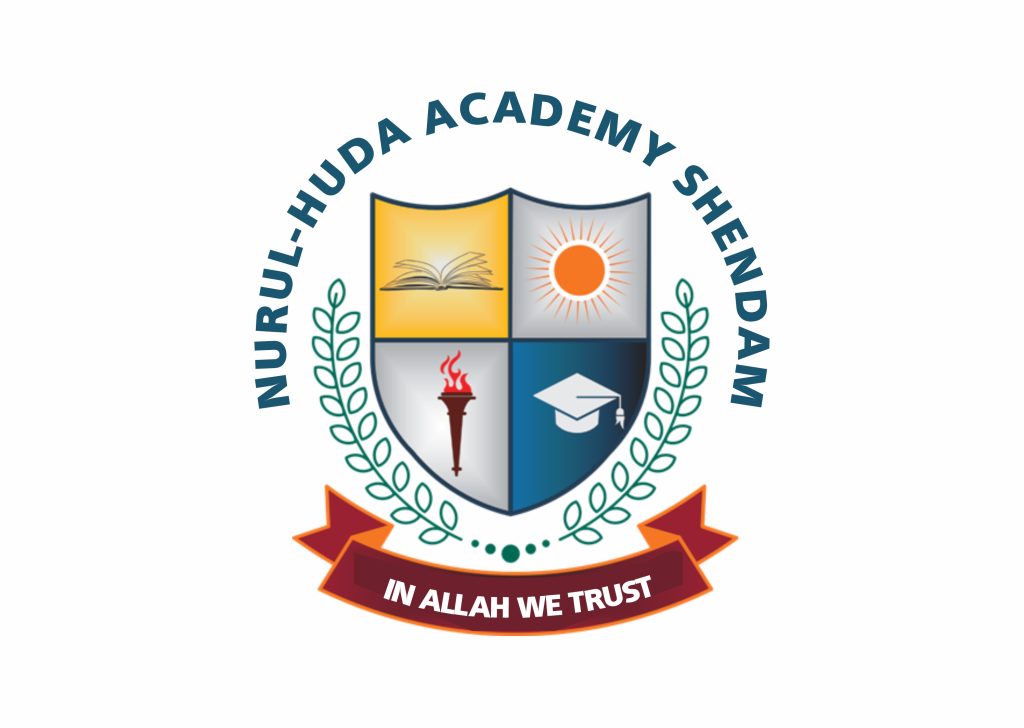Our school offers a diverse range of subjects to provide a well-rounded education for our students. Here is a brief explanation of each subject:
- Qur’an: The study of the Qur’an focuses on understanding and interpreting the holy book of Islam. Students learn about its teachings, principles, and the application of Islamic values in their daily lives.
- Tauhid: Tauhid is the study of the oneness of Allah in Islamic theology. It explores the fundamental belief in the unity and uniqueness of God, as well as the implications of this belief in various aspects of life.
- Hadith: Hadith refers to the recorded sayings, actions, and approvals of the Prophet Muhammad. Students study the traditions of the Prophet to understand and apply his teachings in their personal and social lives.
- Arabic: Arabic is the language of the Qur’an and plays a vital role in Islamic scholarship. Students learn to read, write, speak, and comprehend Arabic, enabling them to engage with Islamic texts and communicate effectively in Arabic-speaking communities.
- English: English is a global language that is essential for communication, academic success, and career opportunities. Students develop their reading, writing, speaking, and listening skills in English, enhancing their overall language proficiency.
- Verbal Reasoning: Verbal reasoning involves the ability to understand and interpret information presented in words. Students develop critical thinking, vocabulary, and comprehension skills to solve problems and draw logical conclusions.
- Maths: Mathematics is a fundamental subject that promotes logical reasoning and problem-solving skills. Students learn concepts such as numbers, algebra, geometry, statistics, enabling them to apply mathematical principles in various real-life situations.
- Quantitative Reasoning: Quantitative reasoning involves the application of mathematical skills to solve problems. Students develop numerical literacy, data interpretation, and logical thinking abilities, which are essential in fields such as science, economics, and engineering.
- Social Studies: Social studies encompasses the study of human society and its various aspects, including history, geography, economics, and civics. Students gain a broader understanding of human interactions, cultures, and societal structures.
- Civic Education: Civic education focuses on nurturing responsible citizenship and promoting civic participation. Students learn about democracy, government systems, human rights, social justice, and ethical responsibilities, empowering them to become informed and active members of their communities.
- Computer: In the digital age, computer education is vital for technological literacy and future career prospects. Students learn computer programming, digital literacy, software applications, and problem-solving skills, preparing them for the rapidly evolving world of technology.
- Physical Health Education: Physical health education emphasizes the importance of maintaining a healthy lifestyle through physical activity, exercise, and proper nutrition. Students engage in various sports, fitness activities, and learn about the benefits of a balanced diet.
- Creative Art: Creative art fosters self-expression, imagination, and aesthetic appreciation. Students explore various art forms, including visual arts, music, drama, and dance, developing their creativity, artistic skills, and cultural understanding.
- General Science: General science covers a wide range of scientific disciplines, including biology, chemistry, physics, and earth sciences. Students learn about scientific principles, conduct experiments, and develop scientific thinking skills to understand the natural world.
These subjects provide a comprehensive educational foundation, enabling our students to develop their intellectual, spiritual, social, and physical abilities, while fostering a deep understanding of their cultural and religious heritage.

